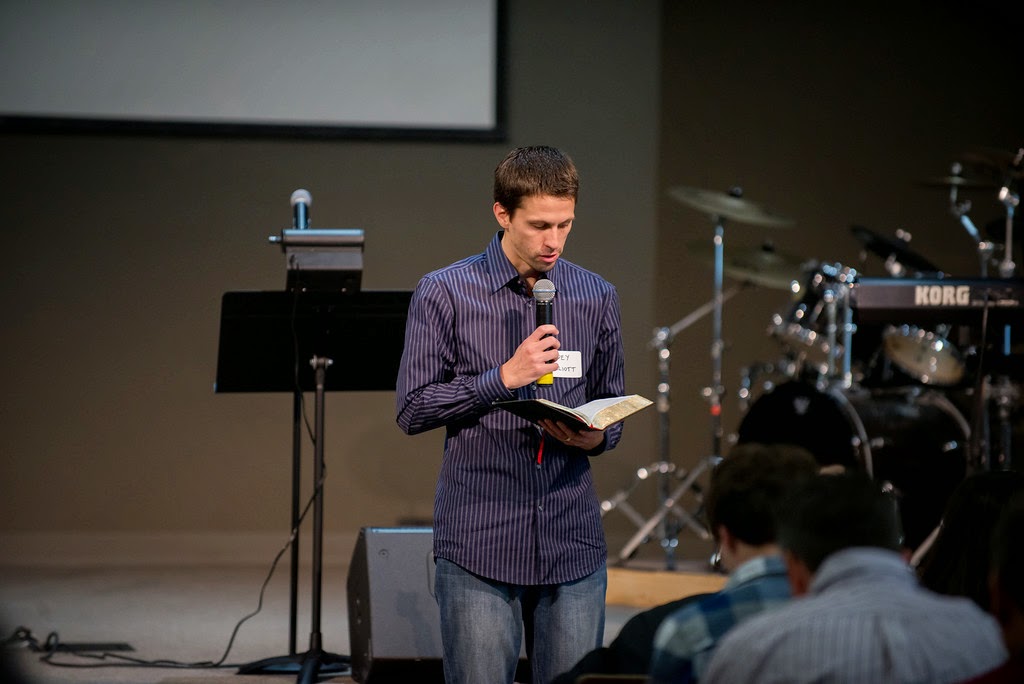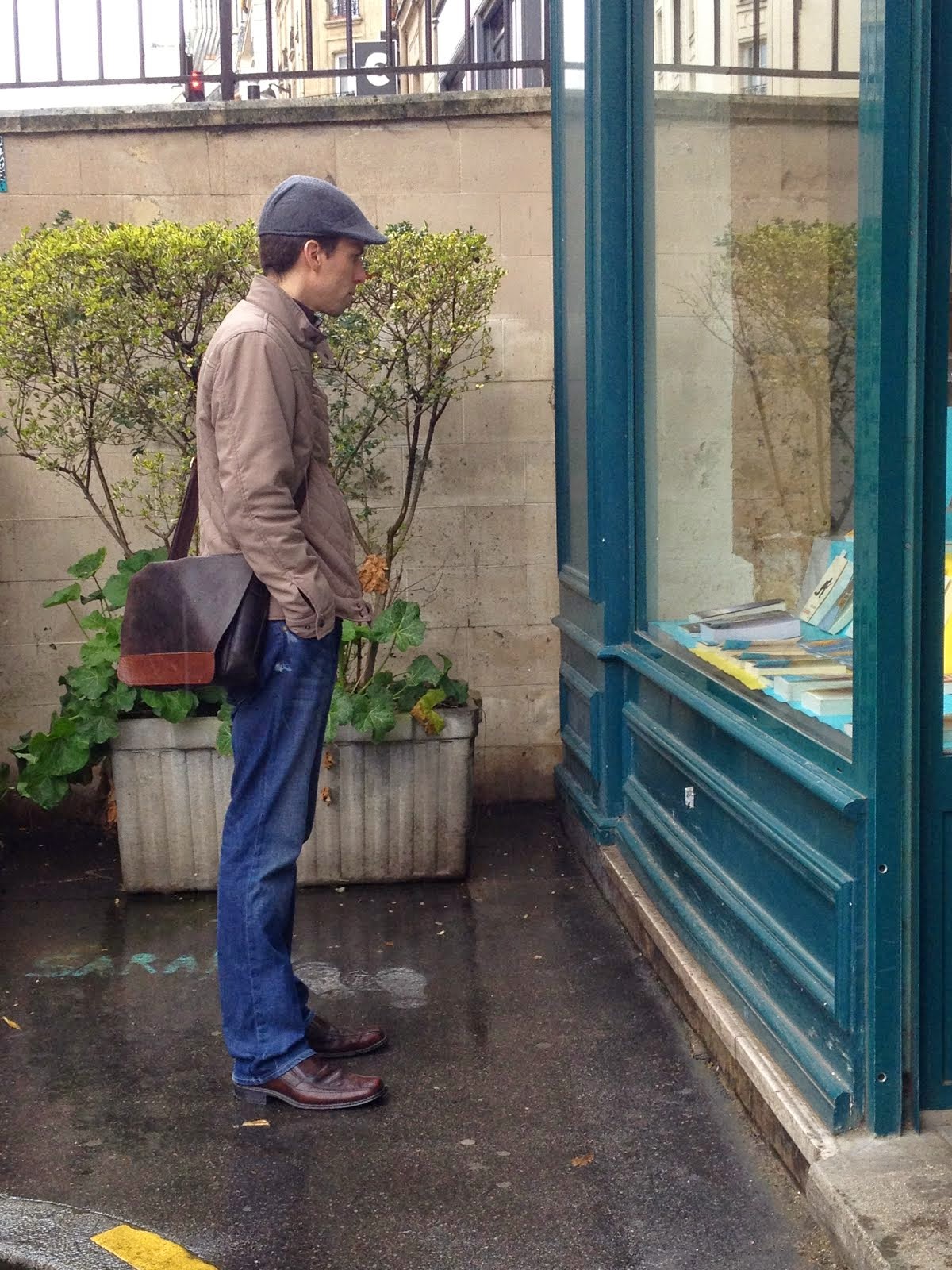Reading books is one of my favorite things to do. After reading hundreds of books in my lifetime, I have realized it is possible and good to read for the sake of others. By sharing about our reading, we can tangibly love our neighbor. To this end, wisdom and discernment in reading is very important. What should you read? How should you read?
Charles Spurgeon once said, “Visit many good books, but live in the Bible.” That is my philosophy as well. Reading outside the Bible is pointless and harmful if you are not first savoring Holy Scripture. With this assumption in mind, my focus here will be to help cultivate discernment reading outside the Bible, which I think is often neglected.
The best biblical foundation I know of for this cultivation comes from Paul in Philippians: “Whatever is true, whatever is honorable, whatever is just, whatever is pure, whatever is lovely, whatever is commendable, if there is any excellence, if there is anything worthy of praise, think about these things.”
What should you read? In short, books. Yes, feel free to read articles and other things, but if you must choose, for the sake of your mind and soul, choose books. The importance of reading books can be argued from a contemporary and an ancient perspective. Allen Mendenhall, in an article in The Public Discourse, makes the contemporary argument when he says, “We should stay away from the news lest we fall prey to its mania, foolishness, and stupidity. We should read books – difficult books – and be challenged to improve ourselves rather than settle for easy answers.” I can say from personal experience that it is worth the effort to follow this advice. Charles Spurgeon most effectively makes the ancient argument, looking to Paul in 2 Timothy 4 and his plea to “Bring the books!”. Spurgeon says, “He is inspired, yet he wants books! He has been preaching at least for thirty years, and yet he wants books! He had seen the Lord, and yet he wants books!”
Tony Reinke makes the claim that because we are illuminated by the Holy Spirit in the gospel, and because Scripture is now illuminated to us, “we now perceive all of God’s truth, goodness, and beauty – whether in the blazing sun of inspired Word of God, the moonlight of creation, or the starlight of great books. Our entire reading experience is ‘lit’ by God’s illuminating presence.” How cool is that?!
What kind of books should you read? First, old ones. C.S. Lewis said, “We all need the book that will correct the characteristic mistakes of our period.” We need most the voices that have endured cultural shifts, politically or philosophically. Second, I think we should read non-Christian books, specifically history and literature. This is not to say that books from a non-Christian perspective should come before or replace those from a Christian perspective. By no means! But, once the Bible is the central source of truth in our lives, we can benefit from multiple sources of goodness and beauty outside the Bible. And we should! God has granted common grace to others so that we can. To defend this practically, we can say that to treat a disease you need a doctor, not a Bible teacher. To build a bridge, you need an engineer, not a Bible teacher.
In many controversial topics of our day, it is hard to know what perspective is the most helpful. We cannot read everything. On the road of the Christian life, there are different lanes of thought on various topics, and there are ditches, and the most important thing is to continue on the road. I have found it helpful to not only avoid ditches of extreme thought, but also avoid the “middle” if that leads to inaction. I try to not judge who I think may be in a ditch, but instead address the log in my eye first, and in the end seek the lane of stability (Proverb 4:25-27). This has helped me build common ground with others while proceeding forward.
A helpful example of this is the topic of biblical racial justice. One ditch would be to say that racial injustice is the only problem. The other ditch would be to say that racial injustice is not a problem. The lane of stability would be to say that racial injustice is a problem but not the only problem. The best books to read then are those that seek this lane. Allow me to give one example. Dr. Carl Ellis in 1983 wrote a book called Free at Last? The Gospel in African American Experience. In it, he explains the biblical, historical, theological, and philosophical dynamics of the quest for freedom and dignity of African-American people, and argues that the path to restore freedom and dignity is not through revolution or redistribution, but through a commitment to what he calls a “transcendent reference point” - the God of the Bible and the story of redemption - which has been embodied in the historic Black church. I highly recommend this book!
How do you read? Allow me to offer a few tips. First, read completely. It is better for your mental digestion to read a full meal, or in healthy sized chunks (article, chapter, etc.), rather than bits and pieces. Second, read virtuously. Karen Swallow Prior says, “There is something in the very form of reading that tends towards virtue.” For example, reading requires patience. Third, read conversationally. Interact with the ideas presented critically as part of the “great conversation” that has taken place among poets, historians, and philosophers for centuries. Join a book club! Finally, read constantly. Instead of filling unexpected downtime scrolling your phone, use it to read an entire article, or even a chapter of a pocket-sized book. This kind of reading will cultivate discernment that will prepare you to love others in unique and lasting ways.



